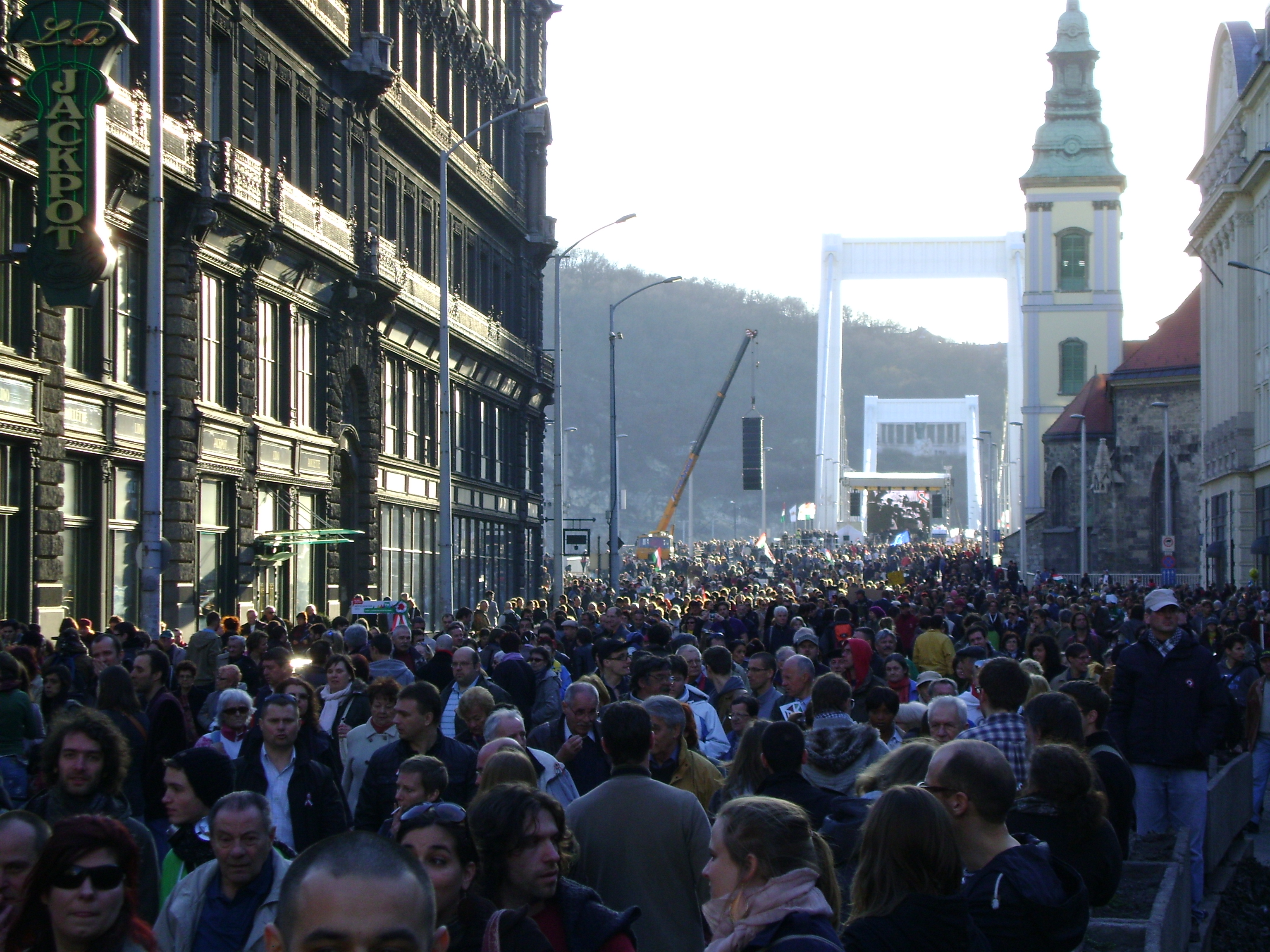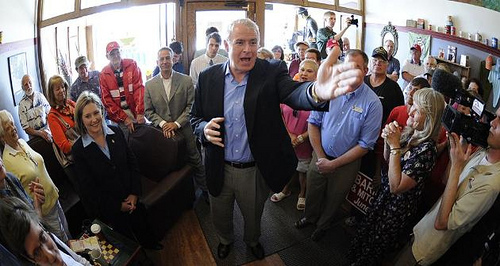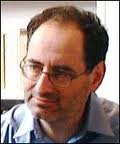
A Major Setback for Media Freedom: The Case of Hungary
In April 2011, in a symbolic move, Budapest’s Republic Square was renamed after the late Pope John-Paul II. This was one of the many consequences of the electoral victory of the Fidesz Party and its Christian Democrat allies a year earlier. The winners immediately called it a ‘revolution at the voting booths’. With the support of 53 percent of voters, the alliance won 67 percent majority in parliament, and soon began to colonise the public sphere in an attempt to embed its Christian, nationalist and conservative values. By 2012, the new government has fundamentally reshaped Hungary’s media landscape. Throughout the 2000s, Freedom House listed Hungary amongst other ‘free press’ countries, with scores meeting the regional average. Yet for 2011, Hungary was …

Campaign Lessons from the Wisconsin Recall Election—it’s not about television, field operations, or the internet, but about all of them
So June 5, Wisconsin’s Republican Governor Scott Walker beat his Democratic challenger Tom Barrett 53-46 in a expensive, hard-fought, and divisive recall election that gives a taste of what the fall general election will have to offer in swing states around the United States. Here are three observations about money and where it comes from, about television versus field, and about the role of the internet that will also apply as Obama and Romney face each other— First, this was a very expensive election and both candidate campaigns were heavily reliant on various forms of outside allies. According to the Wisconsin Democracy Project and the Center for Public Integrity, the Walker campaign spent $29.3 million and outside pro-Republican groups a …
History written and rewritten
John Sentamu, the Archbishop of York, recently posted a long statement explaining his opposition to same-sex marriage. Some of it appeared in the Guardian and on the Guardian’s CIF Belief blog. In it he referenced an interview he recently gave to the Daily Telegraph, which contains the following statement: We supported Civil Partnerships (the bishops in the House of Lords), because we believe that friendships are good for everybody. Like other religious opponents of same-sex marriage, he goes on to argue that civil partnership is “in every respect in ethical terms an honourable contract of a committed relationship”. Same-sex couples, he therefore says, should not press for marriage. But his factual claim is false. The main Lords debate on the …

Remembering Peter David
Last week, whilst teaching a course at Colorado College, I wrote a piece for The Economist about a bill to allow civil unions in the state, which was combined with reporting on Obama’s announcement in support of gay marriage and that passage of North Carolina’s constitutional amendment banning gay marriage. This larger story – Colorado is rather small beer, to be fair – meant that my piece went from 500 words to about 150. Given that I am an infrequent freelancer, usually I’d be gutted, but this meant a few lines in an article written for the most part by Peter David, the Washington bureau chief and Lexington columnist, who I just found out died tragically in a car crash …
The Business of Digital Journalism and Why it Matters for Democracy
Many commercial legacy media organizations around the Western world are having a hard time these days, still hit by the impact of the recession on their revenues, and struggling with the different structural adjustments they will have to make as they move from the relatively stable and platform-specific media markets of the mid-twentieth century to the increasingly convergent and overlapping media environment of the 21st century. Newspapers in particular, from national flagship titles over regional powerhouses to local weeklies, are often in trouble. Changes in the business of journalism have potentially profound consequences for our democracies, because private media like newspapers have employed many of the journalists who inform us all (and occasionally misinforms us) about what goes on in …
Mundane internet tools and political mobilization
For some time, I’ve been developing the argument that when we want to understand the role of internet technologies in politics—in particular when it comes to getting people involved in electoral campaigns, in various forms of activism, and in other forms of civic and political activity—we should focus less on the newest and most heavily hyped tool of the moment (Twitter election! Twitter revolution!) and pay more attention to the role of what I call “mundane internet tools” like email, search, and ordinary websites. New Media & Society has published the article where I make the argument, based on ethnographic research I did during the 2008 U.S. elections, but based on intuitions and interests aroused by previous research in the …
Did the fax machine cause the Tunisian uprising?
Sounds unlikely. Did Twitter? Nobody really seems to claim so, though Evgeny Morozov erroneously claims that Andrew Sullivan claims so, though Sullivan actually only raised the question and linked to Ethan Zuckerman, who … wait, back to the fax machine. I met Marc Plattner yesterday, who edits the Journal of Democracy and is a veteran of both academic and policy discussions around issues of democracy and democratization. He told me about how some people used to claim the fax machine “caused” (or at least played a large part in) the collapse of the Soviet Union. You can imagine all the arguments that could be marshalled. (“Between them, television, the fax machine and word of mouth have banished fear,” writes John …
Media interest in climate change takes a dive
A year can be a very long time in the life of media interest. In December 2009, I was one of more than 4,000 journalists who attended the UN’s Copenhagen summit on climate change – probably the largest press presence for an international event outside of sport. The journalists came from 119 countries, and suffered the freezing temperatures and disappointing results. It wasn’t just the Western press who were there. Emerging powers like Brazil and China both had more than 100 journalists. (see the RISJ report at http://reutersinstitute.politics.ox.ac.uk/publications/risj-challenges/summoned-by-science.html) One year on, and the next major summit at the Mexican resort of Cancun was much less of an attraction – despite the beaches, tequila and abundance of sun. This time, around …









